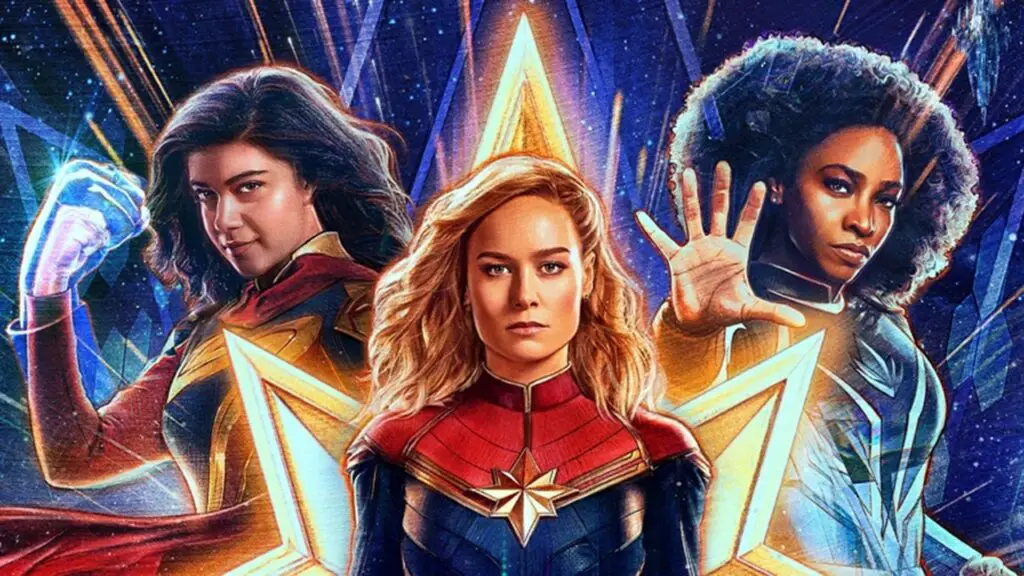In the illustrious history of the Marvel Cinematic Universe, a saga known for its box office triumphs, “The Marvels” stands as a stark anomaly. Released in November 2023, this superhero ensemble, despite the anticipation and fanfare typical of MCU releases, culminated in an unprecedented low in the franchise’s commercial success. Grossing a mere $197 million worldwide against a hefty $274.8 million budget, the film’s financial trajectory marked a deviation from its predecessors’ lucrative paths.
This unexpected outcome has sparked a multitude of questions and analyses. Critics and industry experts point to a variety of factors that could have contributed to this decline. Among them, the mixed critical reception stands out. While the chemistry between the leading characters was lauded, the film’s plot and tonal shifts received substantial criticism, suggesting that narrative elements played a significant role in its underwhelming performance.
Moreover, the broader context of the film industry, especially in the post-pandemic era, cannot be overlooked. The shifting dynamics of movie consumption, with a growing preference for streaming services and selective theatrical attendance, might have also played a role in diminishing the allure of traditional blockbuster releases.
In-depth analysis of “The Marvels‘” performance also necessitates a comparison with other MCU films. Historically, Marvel movies have not just been box office hits but cultural phenomena, setting high standards for subsequent releases. The deviation of “The Marvels” from this trend indicates a potential shift in audience preferences or expectations from superhero genres.
Behind the scenes, factors such as marketing strategies, release timing, and competition from other big-ticket films during its release window might have also influenced its box office numbers. These elements, combined with the evolving landscape of the film industry, present a complex tapestry that led to “The Marvels‘” uncharacteristic performance.
As the lowest-grossing film in the MCU, “The Marvels” represents more than just a financial statistic. It stands as a case study in the volatile nature of film success and the ever-changing preferences of a global audience. This scenario offers valuable lessons for studios and filmmakers alike, emphasizing the need for constant innovation and adaptation to the dynamic entertainment landscape.
In conclusion, the story of “The Marvels” at the box office is a multifaceted one, encompassing aspects of film critique, industry trends, and market dynamics. It serves as a reminder that even the most seemingly invincible franchises are not immune to the challenges of an ever-evolving industry. As Marvel continues to expand its cinematic universe, the lessons learned from “The Marvels” will undoubtedly influence its approach, ensuring that future endeavors resonate more profoundly with audiences worldwide.


